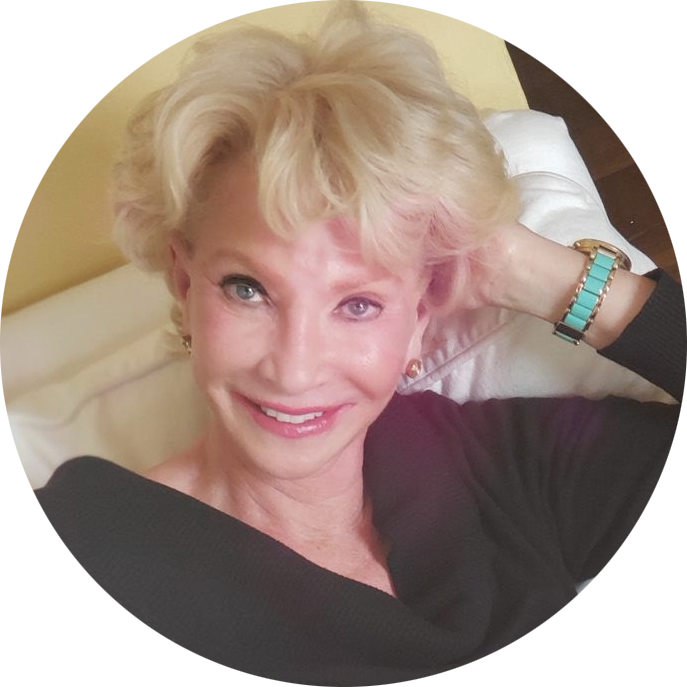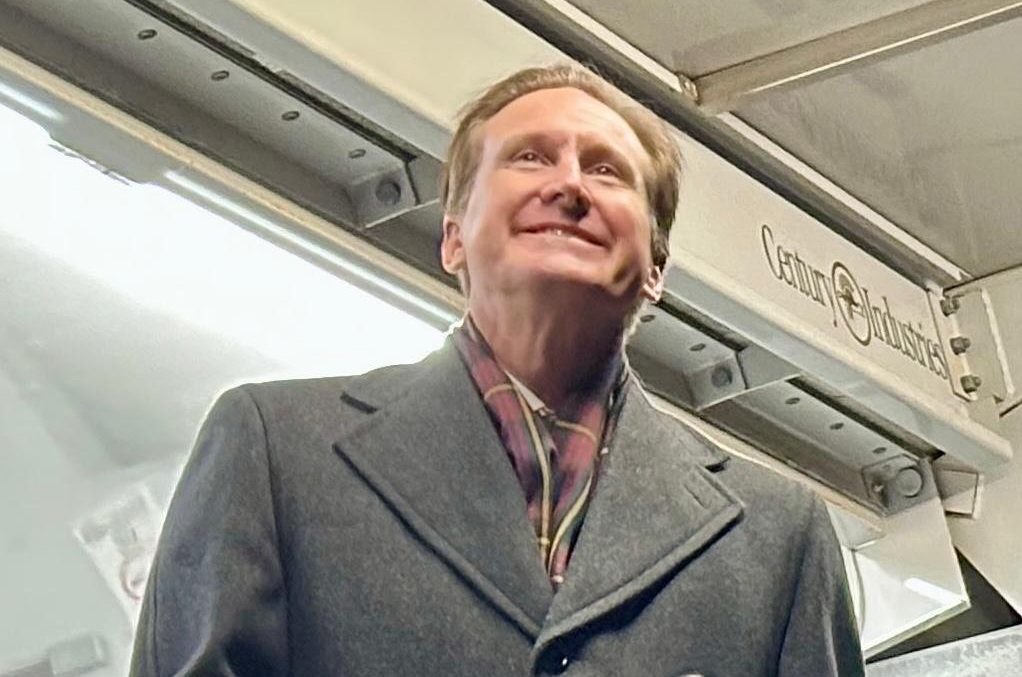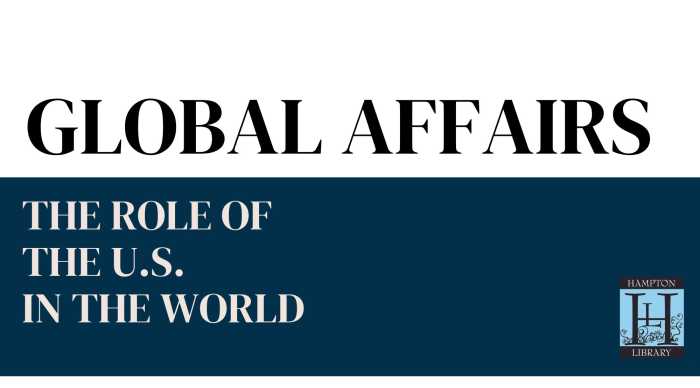What's It Really Like to Be a Healthcare Provider at Mount Sinai Hospital in NYC?

I recently spent several days as a patient at Mount Sinai Hospital in New York City. The teams of healthcare providers taking care of me were mostly exceptional. They were upbeat, polite and very accommodating. They were men and women from every culture, ethnicity, socioeconomic and educational background, who made the decision to devote their professional lives to helping and healing people. The doctors, nurses, nurses aides, cooks, and maintenance workers are all to be commended. They are all to be appreciated. They are all to be thanked. Their hours are long and their jobs are demanding. They are always terribly understaffed. Every hour of every day, hospital workers are putting their own health at risk, particularly in our COVID and post-COVID era. And far too often, their salaries are not commensurate with their daily toil.
Most of the time of course, we take providers for granted, particularly since we are understandably preoccupied with our own illnesses, pain and recovery. However, I was curious to find out as much as I could about these individuals and what their experiences with patients were like. I wanted to know whether the gratitude that we owe these hospital workers was being expressed — or not. So I decided to ask every single provider who was helping to take care of me to weigh in on his/her own experience in dealing with patients and the administration. Their responses were sobering.
My Findings
I introduced myself to every provider and told them that I was the advice columnist for Dan’s Papers in the Hamptons, New York City and Palm Beach. I told them that I was writing a column on what it was like to be a healthcare provider and that I would appreciate their honest feedback. Without exception — despite their busy schedules — all were happy to speak with me.
They mostly had similar disappointing experiences. They told me that had they entered their profession looking for thanks, that they would be continually disappointed. The majority said that rarely did patients express gratitude and appreciation for their efforts to keep them safe and comfortable. Many told me, that frequently patients were simply rude and disrespectful.
At the same time, all of the providers expressed empathy for their patients, realizing that they’re often frightened, anxious, depressed and angry; many having to face their medical plights alone- without friends or family support.
This can be very daunting and disconcerting. However, is there ever really a good excuse for a lack of good manners and an expression of appreciation toward those who are trying to help us?
Harsher words were reserved for management. According to the healthcare workers, short staffing is a real problem. It not only negatively effects the providers physical and emotional well-being, but also translates into their not being able to give patients the optimal medical and emotional support that they deserve.
As one RN stated..”profit over patients is what Mount Sinai’s CEO and Board of Directors really care about”. This should come as no surprise, since the modern, urban medical hospital complex is a reflection of corporate business in America.
I also spoke with a nurse from Europe who has traveled extensively. She told me that in many countries around the world healthcare providers are revered. I then researched what countries were best for healthcare workers. The United States wasn’t even ranked in the top 10. We are the richest country in the world. How is it possible that Australia, Canada, Sweden Ireland, Netherlands, Germany, Norway and Israel outperform the U.S., in what is the most important area of all? Namely, it’s healthcare providers and citizens well-being! According to Commonwealthfund.org, “the United States continues to be in a class of its underperformance in the healthcare sector”, having worse healthcare outcomes as compared to other wealthy countries”. While many other countries differ in the details of their systems and in their performance on domains, unlike the United States, they have found a way to meet their residents most basic healthcare needs- including universal coverage.
Never having worked in a hospital, I used to have difficulty understanding why healthcare workers would strike. I now understand why certain acts of peaceful protest are absolutely necessary in order to be seen and heard.
I have invited several of the nursing staff to be guests on my Ask Beatty Show on the Progressive Radio Network, which airs live every Monday afternoon from 3–4 p.m.
This important conversation needs to continue.

Beatty Cohan, M.S.W., L.C.S.W. is a nationally recognized psychotherapist, sex therapist, author of For Better for Worse Forever: Discover the Path to Lasting Love, columnist, national speaker, national radio and television expert guest and host of the weekly Ask Beatty Show on the Progressive Radio Network. She has a private practice in New York City and East Hampton. Beatty would love to hear from you. You can send her your questions and comments to BeattyCohan.msw@gmail.com. For more information go to BeattyCohan.com.









